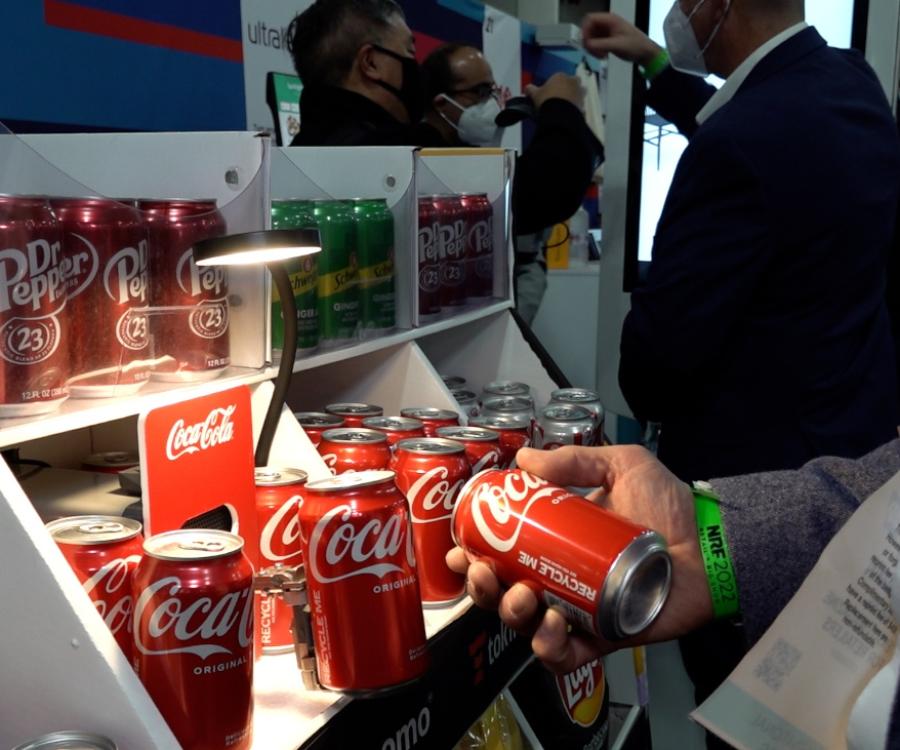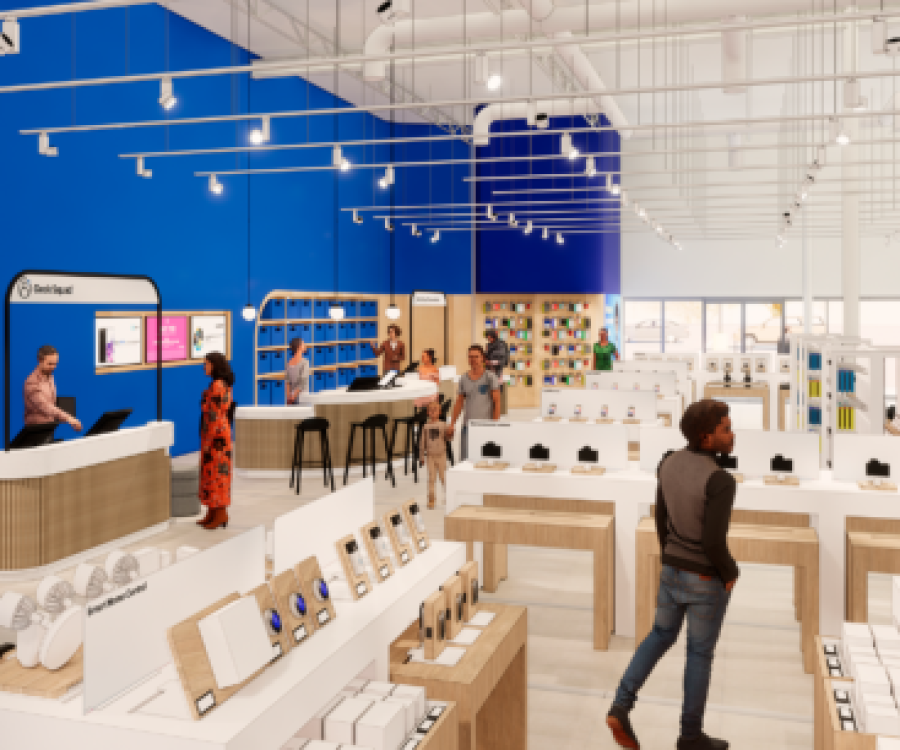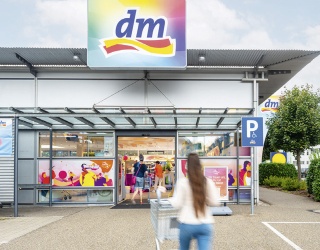
Over the past two decades, so-called "big box" stores have transformed the retail landscape in emerging markets, but not in the way many local store owners and policymakers had feared.
New research, partially funded by the Chazen Institute of International Business at Columbia Business School, shows that the arrival of organized retailing in developing economies has helped strengthen the network of mom-and-pop stores that still dominate the industry.
"Because organized retailing has done so well in some emerging markets, there was a feeling that it would be the death knell for unorganized retail," explains Kinshuk Jerath, an associate professor in the marketing division at Columbia Business School. "But the impact of organized retailing is not uniform across different countries and economies. In some economies, such as Chile, independent small retailers are feeling the heat. However, in other economies such as India, what is actually happening is that the market share of unorganized retailing is growing after the advent of organized retailers."
The paper, titled "A Model of Unorganized and Organized Retailing in Emerging Economies," is coauthored by Jerath with S. Sajeesh from City University of New York and Z. John Zhang, from the University of Pennsylvania's Wharton School, and explains in detail the symbiotic relationship between organized and unorganized retail.
Efficiency Gains
The lure of a growing middle class, combined with increasingly liberal foreign direct investment policies, has helped pull international giants, such as Walmart and Carrefour, into developing countries. At the same time, homegrown conglomerates such as Big Bazaar and Reliance Fresh in India are on the rise, adding to the fierce competition within the retail space.
What wasn't expected, though, was that the surviving local retailers have benefitted from the market efficiencies that the big chains have implemented, such as access to more products and better distribution systems. With lower costs and less competition, the surviving local merchants can charge higher prices and enjoy higher profit margins.
A Profitable Coexistence
Organized and unorganized retailers serve consumers in very different ways. An important characteristic of family-run stores is that they operate on an extremely small scale, serving households that live within walking distance. As a result, local shopkeepers are intimately familiar with their customers, and can maintain tight control over their inventory while offering highly personalized service to their customers.
On the other hand, while organized retailers can offer a wider variety of merchandise at lower prices, getting to the store often involves additional costs for the average consumer, including transportation expenses and the additional time needed to make the trip.
Another potential cost is that when products are bought in bulk instead of on an as-needed basis there's a higher risk that some of the product will go to waste, raising its per-unit cost.
Rethinking Retail
Policymakers can use the insights gleaned from this research to help balance the growth of unorganized and organized retailing in emerging markets, Jerath says.
For example, the findings show that governments could minimize resistance from unorganized retailers to outside merchants by drafting policies that allow gradual foreign direct investment. That would give the local unorganized retailers time to emulate best practices of the organized retailers and create efficient supply chain infrastructure.
"Overall, the findings paint a somewhat dismal picture for consumers — those who purchase from the unorganized retailers pay a higher price and those who purchase from the organized retailer risk wastage" which increases their real costs, the authors note. Because of these higher consumer costs, it's not a foregone conclusion that the advance of organized retailing in emerging markets is necessarily good for the overall economy, the authors conclude.




